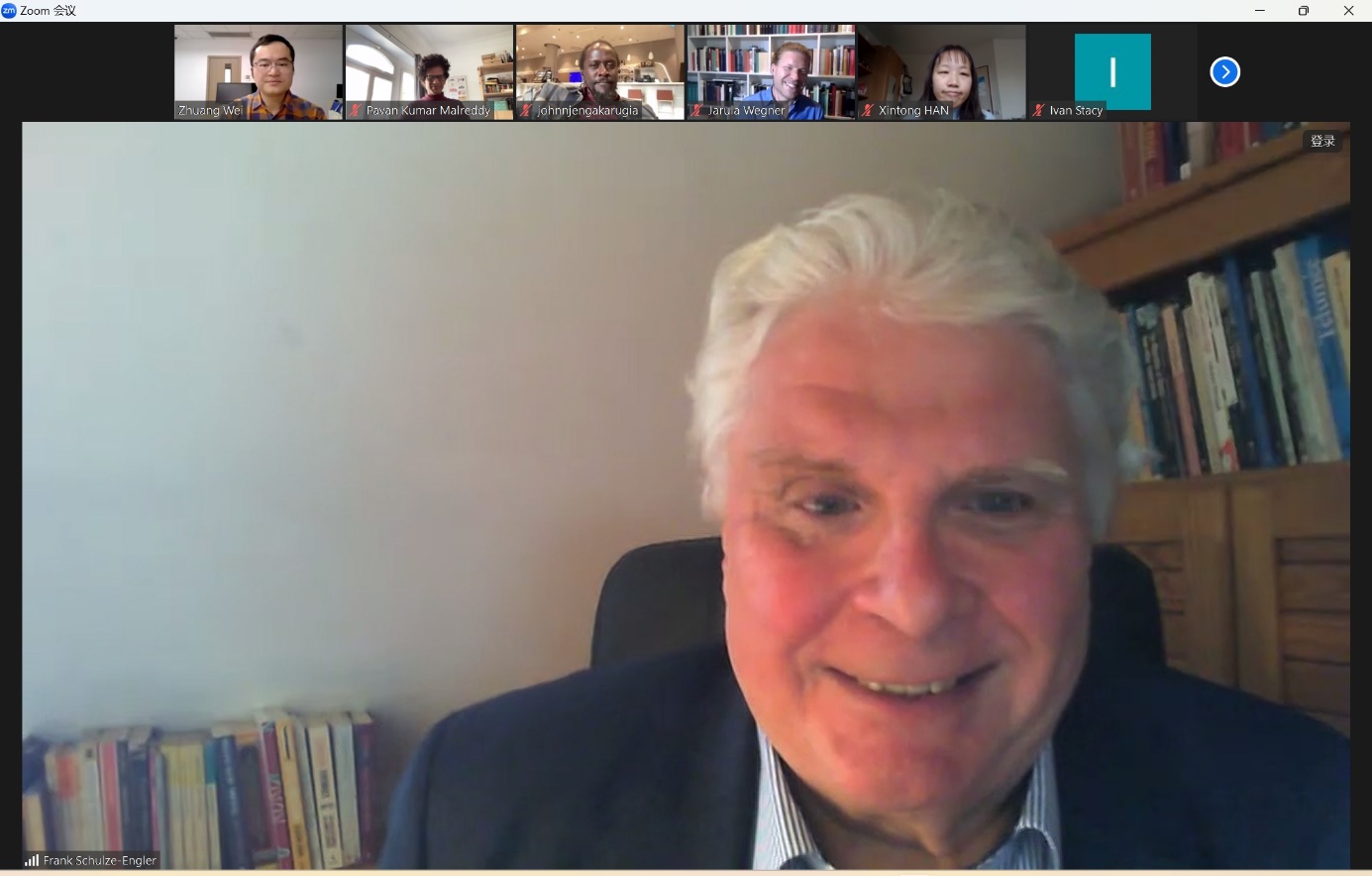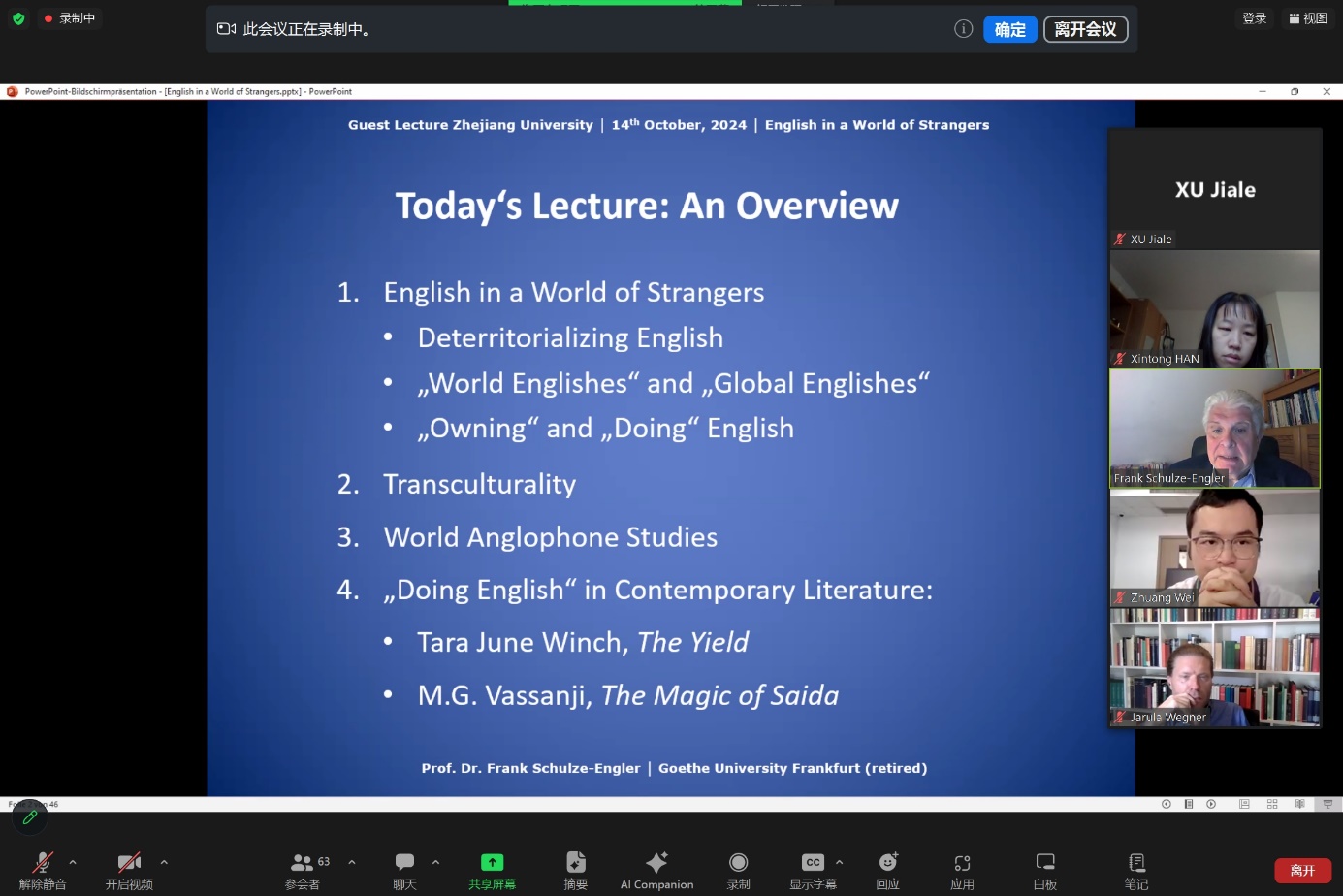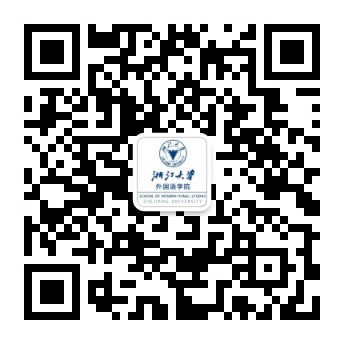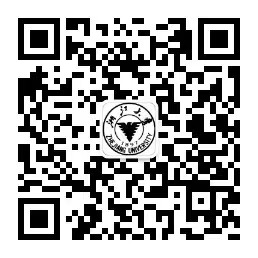On 14th October 2024, Prof. Dr. Frank Schulze-Engler of Goethe University Frankfurt gave an online lecture entitled “English in a World of Strangers: Transcultural Perspectives on World Anglophone Studies” at the Institute of German Studies of Zhejiang University, China. The online lecture was moderated by Prof. Dr. Zhuang Wei, while Prof. Dr. Jarula M. I. Wegner acted as a respondent. The lecture was well attended with audience members joining the lecture from China, Asia and around the world.


The first part of Prof. Schulze-Engler’s four-part lecture entitled, “English in a World of Strangers” pushed towards deterritorializing English as a regionally enclosed language. It enquired into the concepts of “World Englishes” and “Global Englishes” not as a flight of idle musing, but the very real and basic question of how to understand and conceptualize English languages and literatures in the world today. A central insight was that, “clear-cut distinctions between ‘mother’ and ‘other’ tongues become blurred” (Malreddy and Schulze-Engler). From the idea of ‘owning’ the language as possession, he asked the audience to move towards an understanding of ‘doing’ English as an action. It is not so much a question whether it’s mine or yours, he argued, but one of encounter, sharing and exchanging language.
Prof. Schulze-Engler in the second section outlined the concept of transculturality, one of his main fields of research, teaching and publication in the last twenty years. With the sociologist Ulrich Beck, he highlighted that the idea of culture always referring back to some origin is based on a “container theory” that “essentializes differences” (Beck). Most of us, as he continued with the philosopher Wolfgang Welsch, are determined “by several cultural origins and connections” (Welsch) or as the anthropologist James Clifford has it, “self-other relations are matters of power and rhetoric rather than of essence” (Clifford). Put differently, “Differences within a given community”, as philologist Janice Kulyk Keefer explains, “are as important as the difference between a marginalized culture and a dominant one” (Kulyk). Transculturality, he summarized, signifies heterogeneity within and without contemporary cultures.
In a third step, Prof. Schulze-Engler introduced the idea of “World Anglophone Studies” as a new, inclusive umbrella field. The writer Caryl Phillips describes it as a “a new world order in which there will soon be one global conversation with limited participation open to all, and full participation available to none”, a world in which “nobody will feel fully at home” (Phillips). As Schulze-Engler and Pavan Malreddy write, “the agency of world anglophone texts and cultural practices lies as much in their appropriation of global market forces as in their capacity to ‘write back to self’” (Malreddy and Schulze-Engler). As the critically acclaimed contemporary author Arundhati Roy writes, “My English has been widened and deepened by the rhythms and cadences of my alien mother’s other tongues [referring here to India’s many languages]” (Roy). Whole worlds, in short, are found within the English language, other tongues are always already part of what is simply referred to as English.
In the fourth section, Schulze-Engler presented what he provocatively described as ‘doing’ contemporary literature with the two novels Tara June Winch’s The Yield (2019) and M. G. Vassanji’s The Magic of Saida (2012). In The Yield, the protagonist not only emphasises his attachment to an English dictionary, but also the ability and force to say the country’s name in an indigenous language as Ngurambang, just as the fact that the “ancestors were speaking English to me as well” (Winch). The Yield highlights that indigenous languages too are transcultural, not because of a loss of purity, but because the function as tools of negotiation and resistance. The protagonist of M. G. Vassanji’s The Magic of Saida has connections to India and Africa. Living in Canada, he rejects the labels of African-Canadian or African-American as “attractive illusions” and says: “It becomes difficult to say precisely what one is anymore. Isn’t that a common condition nowadays?” (Vassanji). In an essay, the author Vassanji describes it “a condition of multiplicity and contradiction” (Vassanji). The Magic of Saida highlights the complexity of South-South relations revealing histories of mutual enslavement, colonization and solidarity. In any case, these relations reveal complex and lasting transcultural entanglements
Prof. Schulze-Engler’s talk on the one hand emphasized the importance of considering closely the English language in Anglophone literary studies and simultaneously that the Anglophone world is a far cry from English as an imperial instrument. There is, Prof. Schulze-Engler suggested, an irreversible departure, often fraught with questions of power, violence and resistance, from the idea of a homogenous English towards a diverse, dynamic and open field of “World Anglophone Studies” which the literature he presented and analyzed speaks to and continuous to expand.
The lecture was followed by a personal statement by Prof. Wegner and a summary of the lecture’s key points. In the discussion Prof. Schulze-Engler first responded to Prof. Wegner and described how the concept of transculturality had developed over the last century. He argued that the concept was still far from hegemonic in academia, but that it had lost none of its relevance since it spread across disciplines in the 1990s. Answering Prof. Dr. Ivan Stacey’s (Beijing Normal University) question, Prof. Schulze-Engler explained that the concept of transculturality faced a large number of challenges not because of conceptual weaknesses, but because of the resurgence of nationalist, nativist and fundamentalist politics. While Prof. Schulze-Engler believed in the importance of pushing back against such tendencies, he nonetheless defended the idea of engaging in transculturality as an analytical concept and academic work as a detached analytical practice.
Responding to Prof. Dr. John Njenga Karugia (Hasanuddin University), Prof. Schulze-Engler reflected on the potential of transculturality and English languages and literatures as site and culturally specific with translocal dynamics and transformations. He expressed his believe that transculturality is a concept that is still evolving and in the process of confronting the complexity of cultures today. In response to Dr. Pavan Kumar Malreddy (Goethe University Frankfurt), Prof. Schulze-Engler then discussed the role of transculturality in indigenous English literature. He suggested that there is a large body of transcultural indigenous literature, which does not mean that it is unpolitical or simply harmonious, but that the very acts of resistance and struggle shape these transcultural texts. Responding to questions from the audience, Prof. Schulze-Engler explained Ulrich Beck’s critique of “container theories” of the in the late twentieth century and how the concept of transculturality allowed to move beyond conceptual nationalism. Prof. Schulze-Engler demonstrated that path-breaking academic work can be simultaneously analytically intricate and detached while having significant historical, cultural and political impact.
Text: Jarula Wegner



